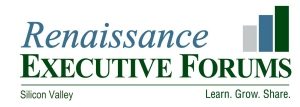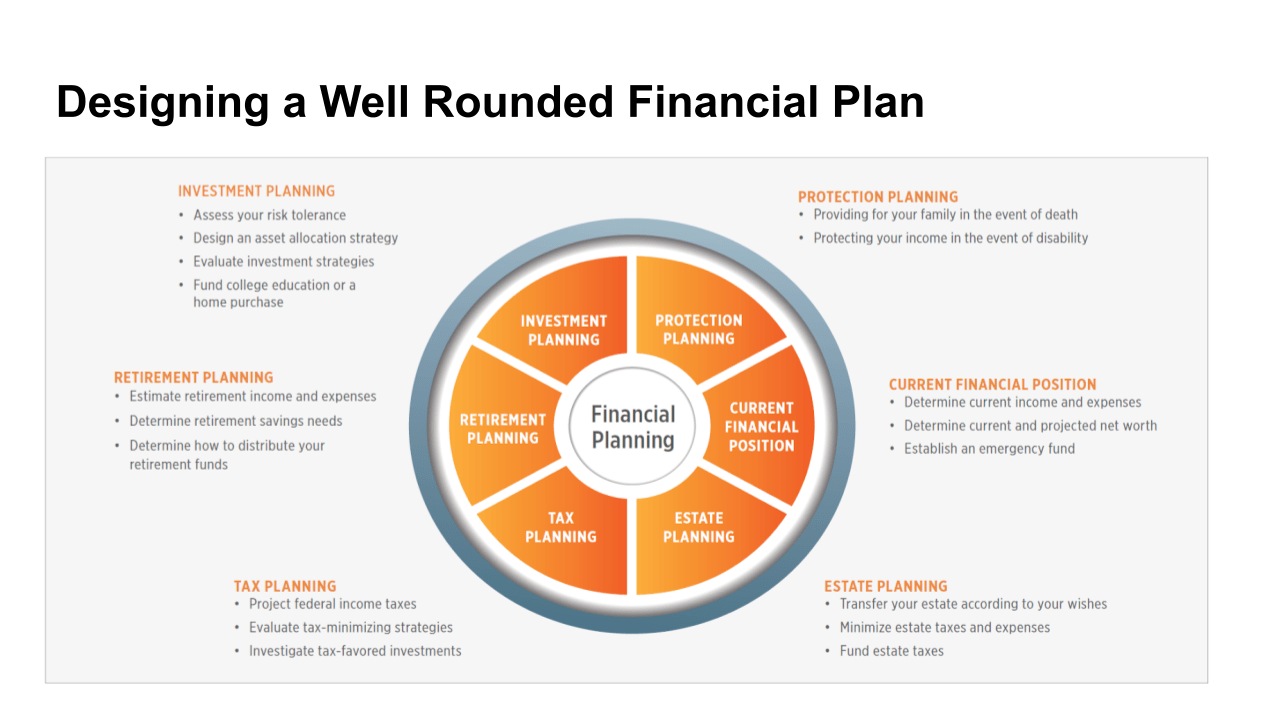Today’s business leaders face stresses from all directions – economic challenges (recession or no recession), hiring struggles, supply chain disruptions, inflationary pressures, political turbulence, entitled employee attitudes, and information overload from noisy media.
As leaders juggle with all of these disparate balls in the air, the ball they often take their eye off of is themselves.
Kevin Lawrence, author of Your Oxygen Mask First, led a workshop for business owners and guests of Executive Forums Silicon Valley in downtown San Jose, to help the leaders be a little selfish for the day – to put YOUR OXYGEN MASK FIRST.
Mr. Lawrence is an award-winning business coach and has a passion for educating leaders on the importance of expanding mental health and mental growth and building leadership resilience.
The workshop opened with a discussion of the challenge – driving and maintaining leadership performance at the sweet spot as shown in the graphic below without progressing to burnout and sometimes even meltdown. Mr. Lawrence gave many examples about how leaders experience challenges, and the methodologies for diagnosing issues, as well as resources to use when sliding down the unwanted slope towards meltdown.
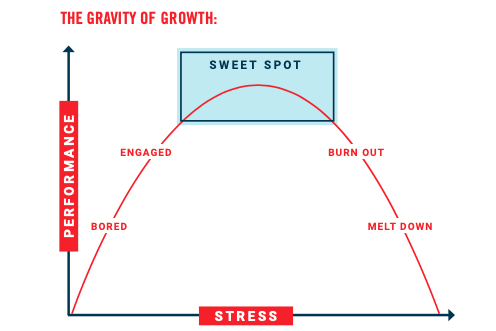
This discussion was followed by a description and a personal assessment of the 17 Habits that help high achievers survive and thrive in both business leadership and life. Each participant created a wheel of satisfaction (polar plot) of how each of the 17 habits below showed up in their life, for identifying key strengths and areas of opportunity.
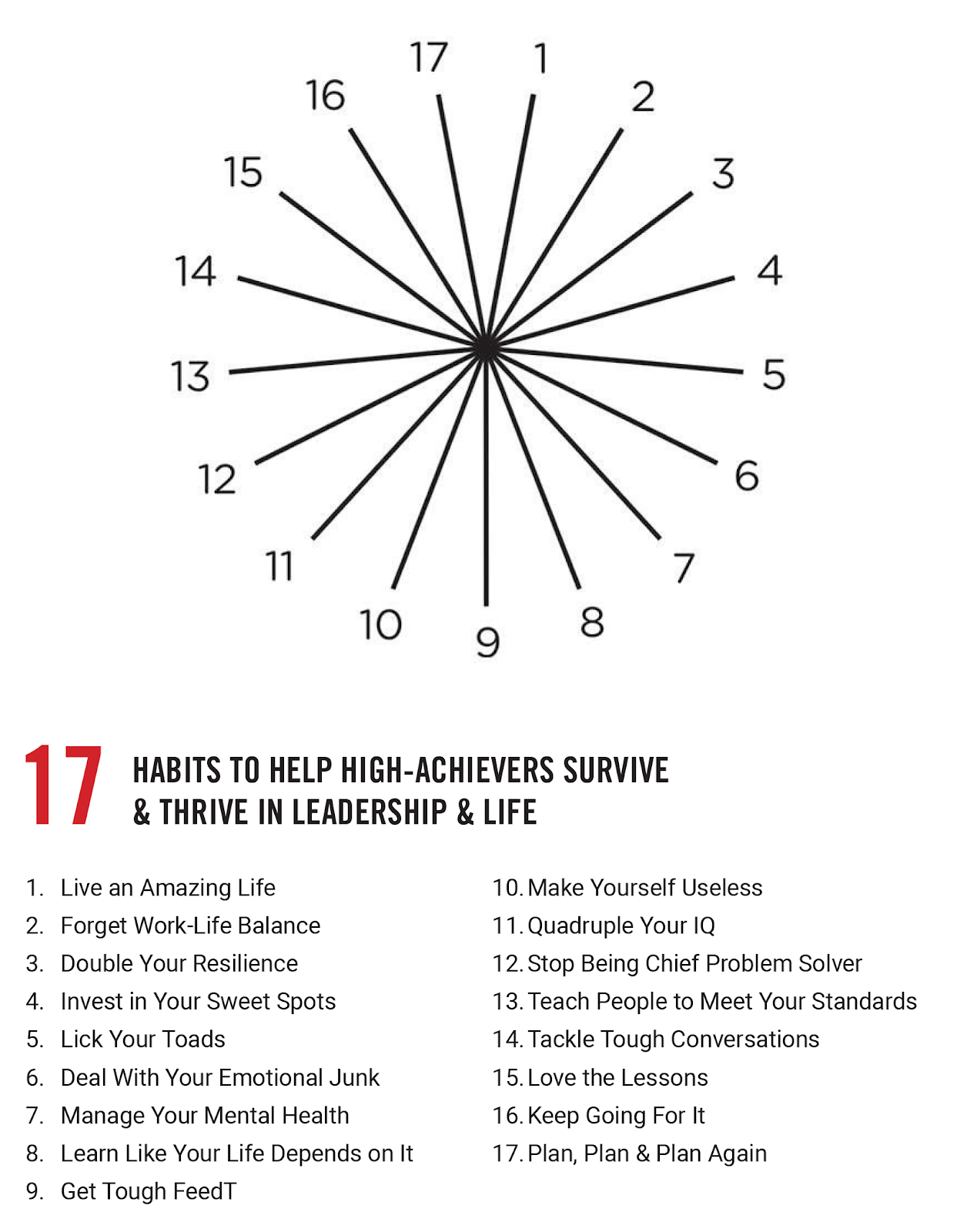
After group discussions around the issue of balance in members’ lives, a set of resiliency habits have created that support a balanced life through specific, timed, and repeated activities to strengthen the body, mind, and soul.
Members and guests shared their existing resiliency habits for making improvements, such as deeply personal rituals specific to each individual leader – from musical instruments, to fitness routines, to bicycling, to meditation, to reading. Feel free to jot down your resiliency rituals using the grid below.
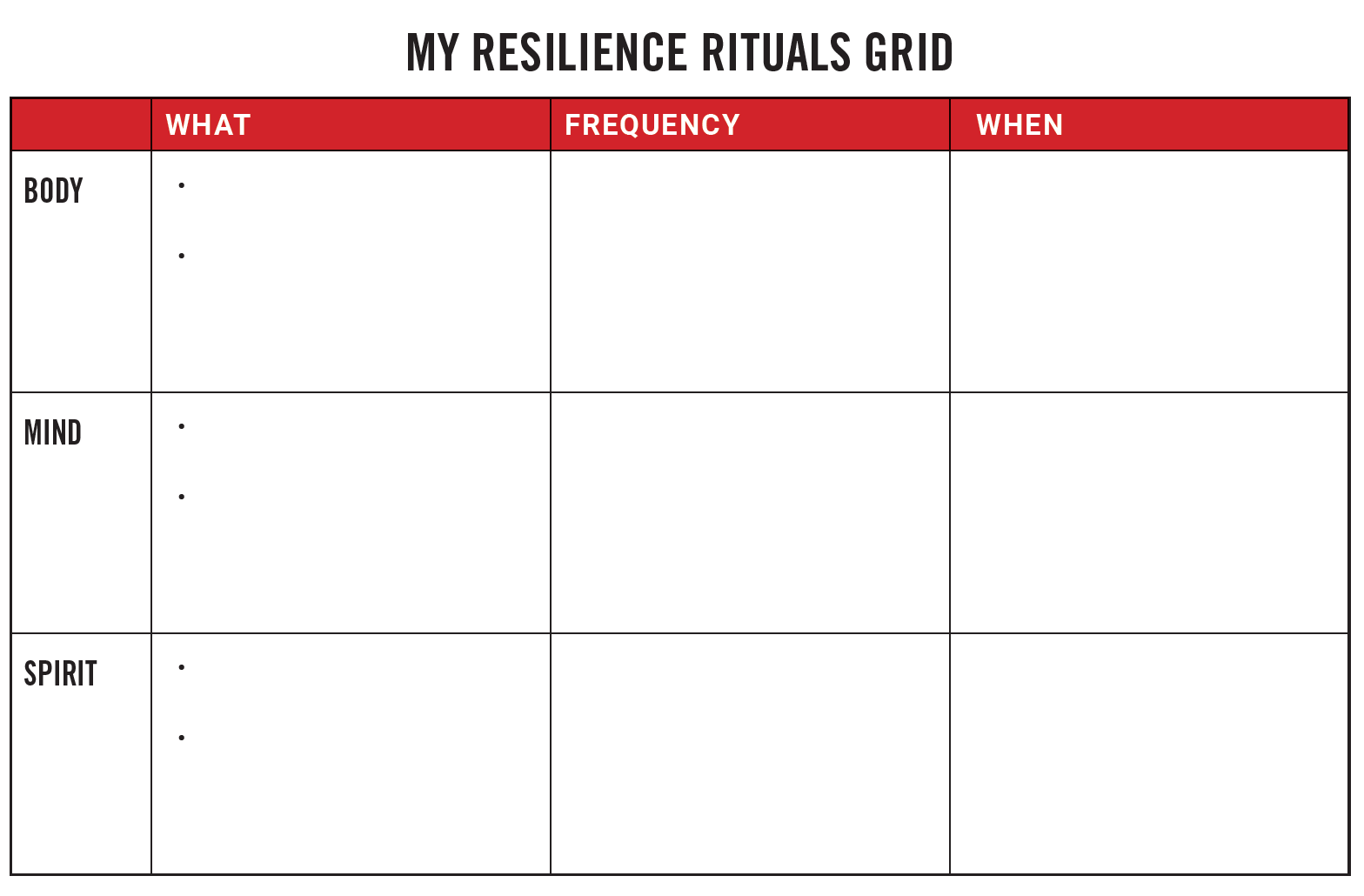
Moving forward from the leader’s resiliency discussion, the group discussed Leadership Habit Number 17 – Make Yourself Useless. This habit revolves around top-grading employees with the objective of building a team that delivers better results than you, or even without you. As stated by Harvey Firestone, “The growth and development of people is the highest calling of leadership”. The group, using a top-grading worksheet, was able to identify and rank employees and establish specific action plans to coach up or coach out.

It was a great session of deep thinking and dynamic exchange that happens monthly at Executive Forums Silicon Valley where we leverage the collective intelligence of the group for the benefit of each individual member.
I want to thank Kevin Lawrence (Lawrence & Co) and recommend that you contact him directly to learn more about his workshops and his book, Your Oxygen Mask First.
A shout out to some Executive Forums Silicon Valley members who celebrated over six years in the Forum – your business leadership and camaraderie are so very much appreciated.

I also want to thank the Silicon Valley Capital Club for the venue, meals, and logistic support. I highly recommend the Club for your events. Please contact Edith Hernandez (edith.hernandez@invitedclub.com) to arrange your next event.
===============================================================
At Executive Forums Silicon Valley, selected business owners and leaders work together to gain clarity, insight, and accountability to ignite their leadership engines, grow their businesses, and improve their lives. If you are interested in learning more about Business Owner Advisory Boards or the Entrepreneurial Operating System (EOS) please contact Glenn Perkins at gperkins@executiveforums.com or call 408-901-0321. For more information visit http://www.execforumssv.com/.
